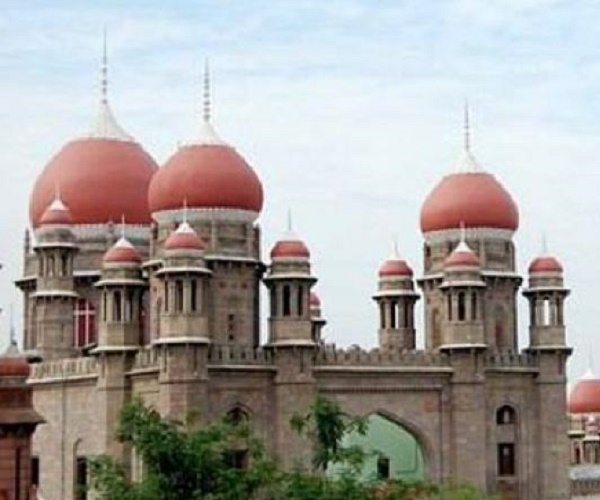The Hyderabad High Court on January 1 witnessed some emotional scenes. Advocates, who have been working together for several years, bid farewell to each other, as a section of the 1,600 employees working in the HC were sent to the Andhra High Court, which began functioning on January 1. But while the separation was emotional, the employees and judges at both High Courts have a larger problem to deal with following the split.
There are 3.4 lakh pending cases in both HCs combined – while 1.87 lakh cases will be carried over to the Telangana HC, the remaining 1.53 lakh cases will have to be dealt with by the Andhra HC. Lawyers say that there is a long way to go before both the High Courts can assure people of a smooth functioning.
Ravi Chander, a senior advocate at the Telangana High Court, says that the backlog is a baggage that the court is going to carry for a long time now. “There is no element of shock in the number of cases that have piled up. As against the sanctioned number, we have only half the staff,” he explains. The High Court before bifurcation had 27 judges – and 34 vacant posts. 13 of them will now work with the Telangana High Court, while 14 will go to Andhra.
The problem is not one that can be solved by the judiciary, but by the executive, he says, “They are supposed to appoint judges. The situation is alarming, and we have only just started talking about it.”
“Unless these appointments are sanctioned, it’s not possible to bring down the pendency of cases,” says Narsimha Reddy, chairman of the Telangana bar council.
But it’s not just a question of number of judges, lawyers say. The two states combined have some of the largest numbers of litigations in the country, and there need to be proper checks and balances on whether a matter needs to go to the court or not, says Harinath, a senior lawyer and member of the Telangana bar council.
Ravi Chander adds, “One third of the cases can be checked and dismissed because many of them would now be invalid; some may not survive a cause, while many may only be revisions as the original cases would have been disposed. So if there is a managerial system to identify such cases, pendency could be solved to an extent.”
“Also, we need to understand judges shouldn’t administer the managerial aspects of the judicial system. They must go by the advice of the managerial experts. Once you shut out experts from judiciary, cases keep piling on,” he says.
Will bifurcation itself ease the burden?
Narsimha Reddy says that the purpose of bifurcation will not be served if more staff are not appointed, including the posts in the lower judiciary. While his concerns are echoed by many lawyers, others say that the bifurcation itself will help in faster disposal of cases.
“Teething problems cannot be dismissed. But it’s only a matter of two or three weeks before things settle, and cases will fall in the normal norms of the court,” says Harinath.
“Many lawyers are happy as they think their cases would receive better visibility in the court now. If all the sanctioned appointments of judges are made, we can assure swift disposal of cases in both the courts,” Harinath adds. #KhabarLive







